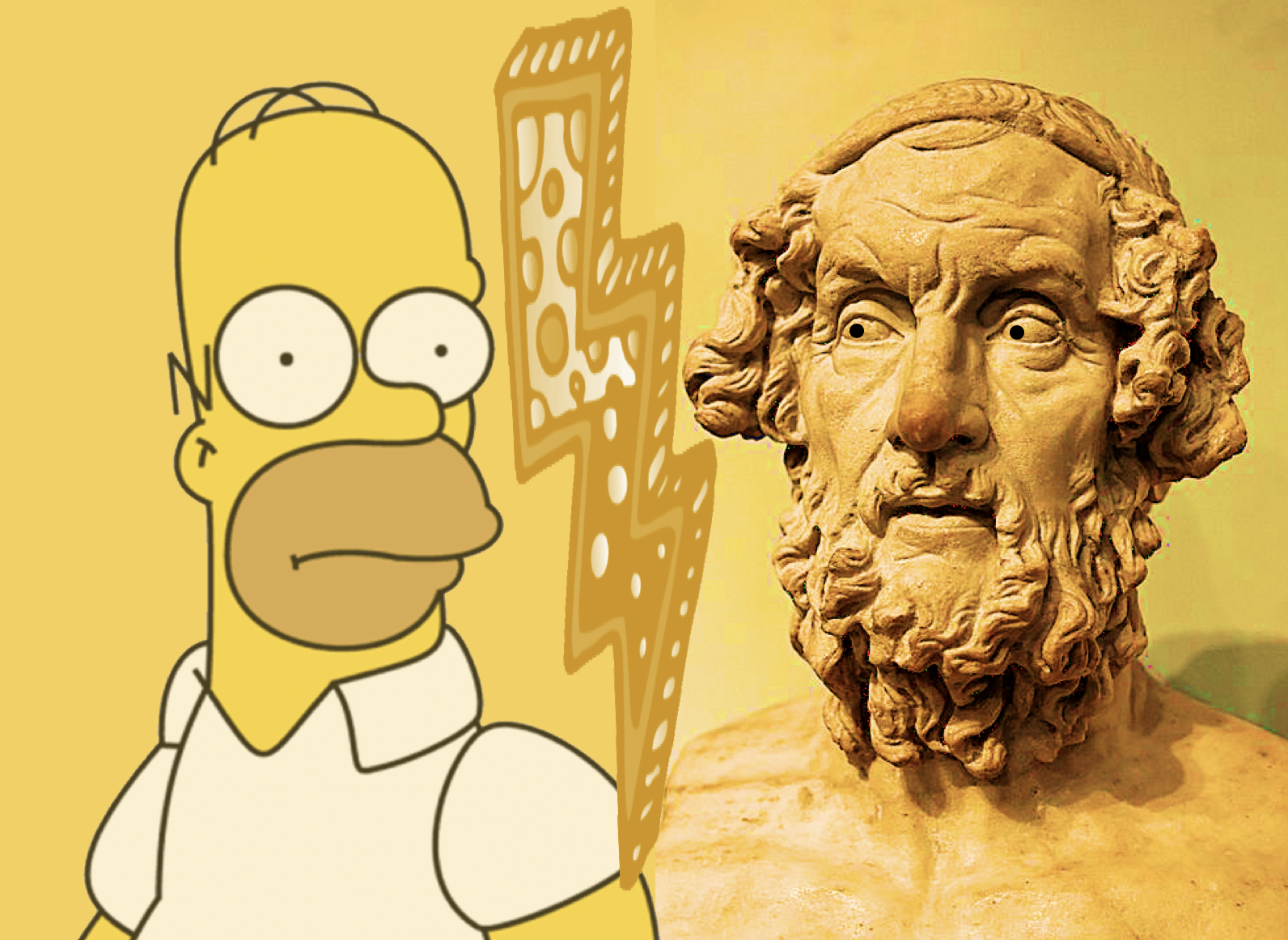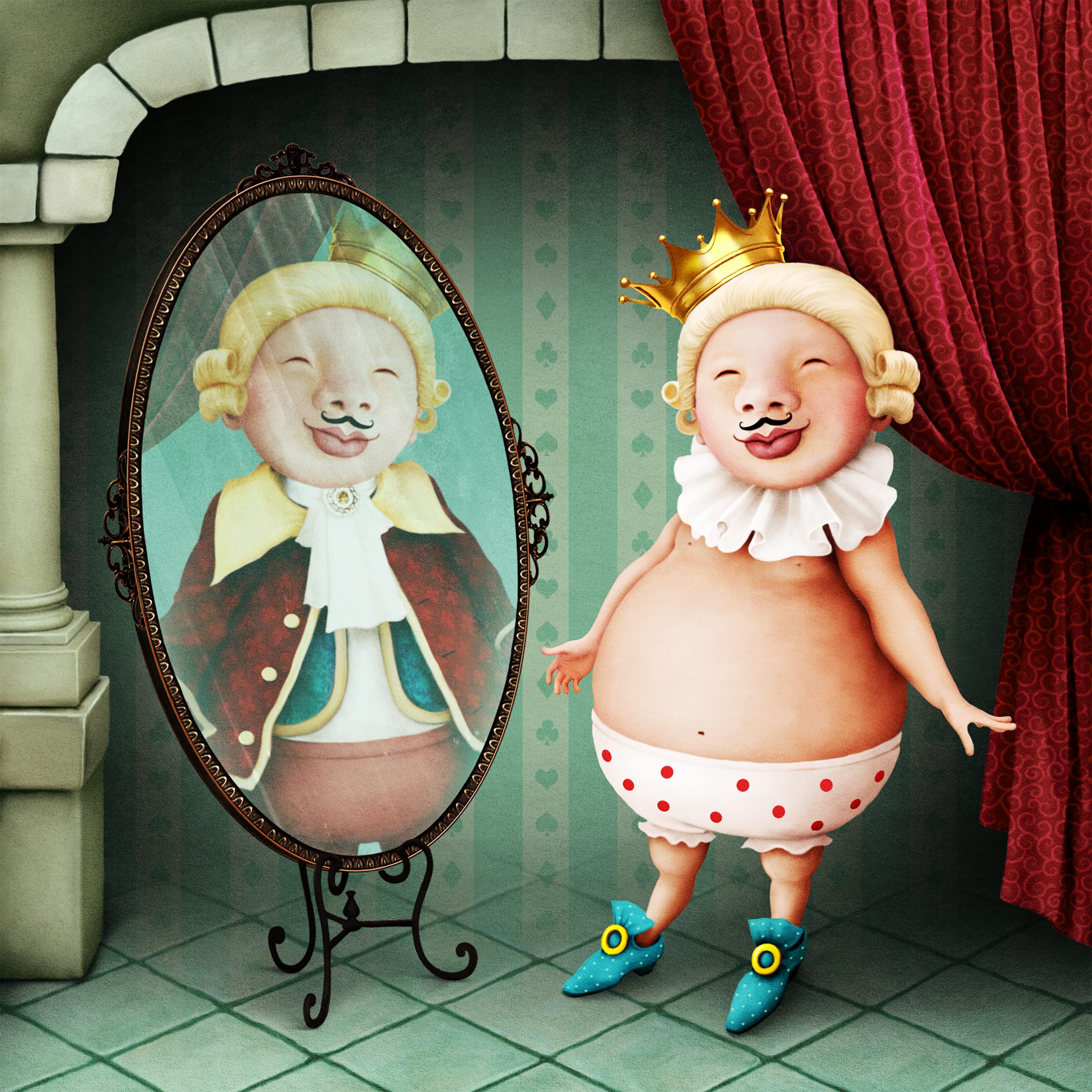Traditional conservatives could use a fresh rhetoric of masculinity.
Manhood in a Hostile World

How to cultivate masculinity in a culture that despises it.
There are three types of people in this world: sheep, wolves, and sheepdogs. So says legendary sniper Chris Kyle’s father in American Sniper. The sheep are unsuspecting, vulnerable people. The wolves are those who prey on vulnerable people. And sheepdogs “are those who have been blessed with the gift of aggression, an overpowering need to protect the flock. These men are the rare breed that live to confront the wolves.” Sitting around the dinner table, Kyle’s father asks him if the reason he fought a boy at school was to protect his little brother. He nods. “Well then you know who you are. You know your purpose.”
Today’s culture is producing men without purpose. Its message, conveniently documented by the American Psychological Association in 2019, is that “traditional masculinity—marked by stoicism, competitiveness, dominance, and aggression—is, on the whole, harmful.” Your masculine characteristics are inherently bad. There’s something wrong with you if you’re competitive, risk-taking, or powerful.
But for the majority of men, purpose is intertwined with masculinity. Men were designed to protect, build, innovate, and care for others. For these purposes, stoicism, competitiveness, and even aggression or the will to dominate can be properly channeled in service of the good. Of course, failing to exhibit all or exclusively male-dominant characteristics doesn’t make you “not a real man.” But it is okay, even good, to demonstrate traditional masculine qualities.
Most young men are born with these qualities, and with the aspiration to use them. But to direct them toward the good, we need training. How do we find this kind of training in the midst of a culture that opposes the very idea of it? As a young man trying to figure out answers to these questions in real time, I’ve got a few ideas.
1) Learn and pass on the stories of virtuous men. Manliness isn’t a series of abstract ideas: it’s embodied in real action and the stories we tell about it. One of the best ways to define what virtuous masculine purpose looks like is by hearing and telling stories. What is manhood? It is Hector defending his people in a war his brother started. It is Socrates drinking the hemlock rather than fleeing Athens. It is Jesus in the Garden of Gethsemane, sweating blood and saying “not my will, but yours be done.”
There are modern stories too, ones that every young man should know. The story of Arland Williams, Jr. is one of them.
In the freezing cold winter of 1982, Arland was on a plane taking off from Washington, D.C. Something went wrong. The plane didn’t gain enough elevation and it crashed into a bridge, killing 73 people and plunging into the icy river below. The six survivors clung to life in the frigid water, while bystanders tried in vain to help. Finally, a helicopter came and dropped its rope into the water. It landed in Arland’s hands. He had just survived a gruesome plane crash and was quickly slipping into hypothermia; the opportunity to live was literally at his fingertips.
But he passed it to a stranger.
The helicopter lifted that person to safety, then dropped the rope back to Arland. Once more he gave it up, along with his chance to be rescued. Every time he was offered the lifeline, he handed it to a stranger. This 46-year-old man, who was engaged to be married, put the lives of people he didn’t even know before his own. When the helicopter finally came back for him, the last man in the water, Arland was nowhere to be found. He had succumbed to fatigue and drowned.
You want to know what virtuous masculinity looks like? It looks like Arland.
It looks like Hector, and Socrates, and Jesus. It looks like taking on responsibility. It looks like facing the brutality of the world with resolve. It looks like sacrificing for those you love and for total strangers.
2) Practice courage daily. The level of courage and selflessness to do what Arland did is not inside everyone. How do you prepare yourself for it? You start by performing small acts of bravery every day. You practice and you practice and you practice. You speak up when something isn’t right, even if it’s small. In fact, especially when it’s small. Not only will this prepare you for the life-defining moment when your courage is tested, it will also send shockwaves through the culture.
This is how the Left took over America’s major cultural institutions. It started with a small, vocal, and radical group of people making demands—anodyne at first—of the institutions they were a part of, and a bunch of other people just going along with them. Diversity training isn’t that bad, right? I guess I’m fine with it. Oh, you want to hire based on racial quotas? Well, I don’t want to be seen as a racist and it won’t really affect me, so I guess that’s okay too. The result was institutions controlled by Leftist ideology that shame and ostracize those who don’t comply, facilitated by people who thought complaining wasn’t worth the trouble.
It takes courage to disagree, especially when there’ll be social costs. But it can work. A 1937 study by psychologist Muzafer Sherif shows how. In this study, participants stood in a dark room with a speck of light in front of them. The light did not move, but an optical illusion made it seem to. When asked to estimate how far the light moved, participants gave wildly different answers.
In small groups, they quickly reached a consensus. But then Sherif planted an undercover researcher into the groups disguised as a regular participant. When the researcher confidently stated the distance was greater than the group initially estimated, the group increased its estimate. When he said the distance was smaller, the group decreased its estimate. The takeaway: individuals can nudge institutions in their preferred direction if they speak firmly and consistently. Your small act of courage—in a college classroom, on a sports team, among a group of friends—can have ripple effects.
3) Face your emotions. This is perhaps the most overlooked aspect of masculinity. In part because of caricatures that were put forward by radical feminists to discredit masculinity, we often assume stoicism means refusing to feel. It does not. It means having the courage to stare your pain in the face and say “I’m not running away.”
The fallout from being unable or unwilling to address our own emotions can hurt not only us, but people around us. We feel hurt, we push the feelings away, they fester, and we hurt others, sometimes intentionally and sometimes not. “Hope deferred makes the heart sick,” says Solomon. So does pain. Insecurity breeds overcompensation. We lash out, become aggressive, and disrespect people in large part because we haven’t dealt with our own pain properly. The first step to healthy living and true manliness is conjuring up the courage to adequately deal with our own feelings.
I’d bet the house that this contributes to some of the negative outcomes men experience. The majority of substance abusers are men. The majority of suicide deaths are men. The majority of violent criminals are men. How much of this could be avoided if we applied the sheepdog mentality to our own souls? If we stopped refusing to address our emotional pain. If we stopped distracting ourselves so we didn’t have to feel. If we didn’t shy away.
There’s so much we can’t control out there. It’s the very premise of this feature. You can try to fix the world all you want. You might even get lucky and find yourself with the influence or power to steer things back in the direction you think they should go.
But a better place to start is closer to home—with yourself. Idealistic young men will try to change the world. Wise young men will start with themselves.
The American Mind presents a range of perspectives. Views are writers’ own and do not necessarily represent those of The Claremont Institute.
The American Mind is a publication of the Claremont Institute, a non-profit 501(c)(3) organization, dedicated to restoring the principles of the American Founding to their rightful, preeminent authority in our national life. Interested in supporting our work? Gifts to the Claremont Institute are tax-deductible.
To bring down the ruling classes, attack their spiritual weaknesses.


